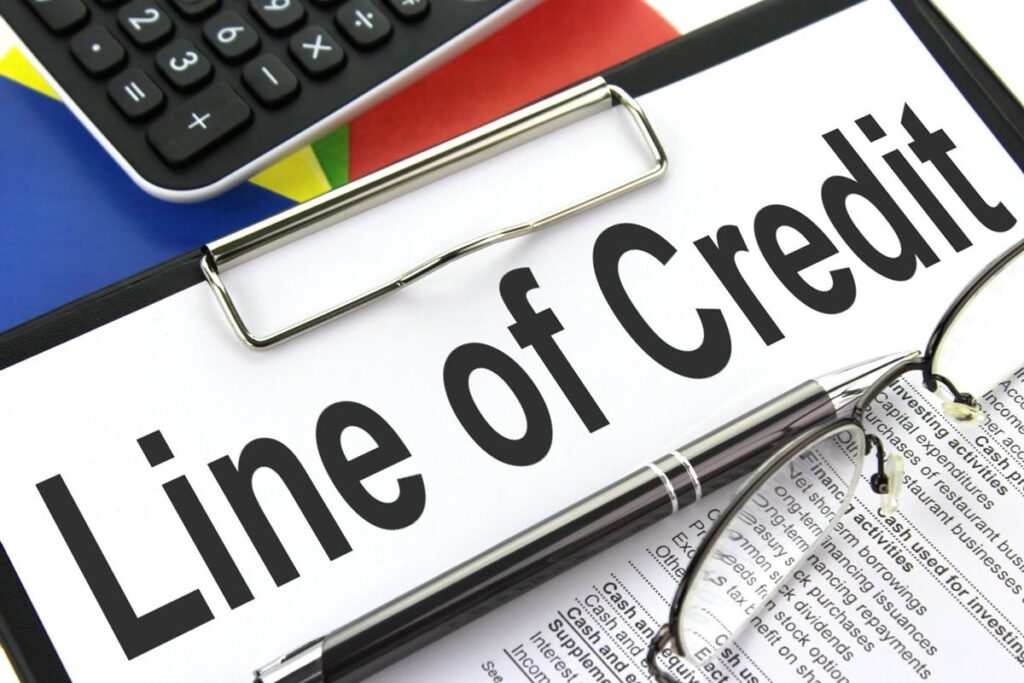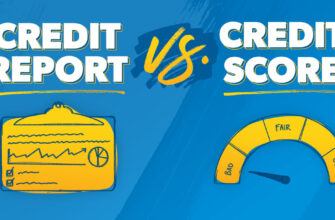Types of Credit: Exploring Loans, Credit Cards, and Lines of Credit
When it comes to managing personal finances, having access to credit can be essential. Whether you’re looking to finance a major purchase, consolidate debt, or cover unexpected expenses, understanding the different types of credit available is crucial. In this article, we will explore the various loan options and features, credit card comparison and benefits, and delve into the concept of lines of credit.
Personal Loans
Personal loans are a popular choice for individuals seeking a lump sum of money for a specific purpose. These loans typically have fixed interest rates and are repaid over a predetermined period. Key features of personal loans include:
a. Flexibility: Personal loans can be used for a wide range of purposes, such as home improvements, medical bills, or education expenses.
b. Fixed Terms: Borrowers have the advantage of knowing exactly how long it will take to repay the loan, as the terms are predetermined.
c. Predictable Payments: With fixed interest rates, borrowers can expect consistent monthly payments throughout the loan term.
d. Credit Check: Lenders usually require a credit check to assess the borrower’s creditworthiness before approving the loan.
Mortgage Loans
For those looking to purchase a home, a mortgage loan is the most common option. Mortgage loans are long-term loans secured by the property being purchased. Here are some important features of mortgage loans:
a. Loan Amount and Repayment Period: The loan amount is determined by factors such as the property’s value, down payment, and the borrower’s financial profile. Repayment periods can range from 15 to 30 years.
b. Fixed or Adjustable Rates: Borrowers can choose between fixed-rate mortgages, which maintain a constant interest rate throughout the loan term, or adjustable-rate mortgages, which have rates that can change over time.
c. Collateral: The property being purchased acts as collateral for the loan. If the borrower fails to make payments, the lender has the right to foreclose on the property.

Credit Cards
Credit cards offer a revolving line of credit that allows users to make purchases and repay the borrowed amount over time. They offer convenience and flexibility, but it’s important to understand their features and benefits:
a. Credit Limit: Each credit card comes with a predefined credit limit, which represents the maximum amount you can borrow. This limit is based on factors such as income, credit history, and the issuer’s policies.
b. Interest Rates: Credit cards often have higher interest rates compared to other forms of credit. It’s crucial to pay off the balance in full each month to avoid accumulating interest charges.
c. Rewards and Perks: Many credit cards offer rewards programs, such as cashback, travel points, or discounts on specific purchases. Choosing a card that aligns with your spending habits can help you maximize these benefits.
d. Building Credit History: Using a credit card responsibly and making timely payments can help establish and improve your credit history, which can be valuable when applying for future loans.
Understanding Lines of Credit
Definition and Purpose: A line of credit (LOC) is a flexible form of borrowing that allows individuals or businesses to access funds up to a predetermined limit. Unlike traditional loans, lines of credit offer revolving credit, meaning the borrowed amount can be repaid and borrowed again. Here’s what you need to know about lines of credit:
a. Revolving Nature: Lines of credit provide ongoing access to funds, allowing borrowers to withdraw and repay as needed, up to the approved credit limit.
b. Interest and Repayment: Interest is only charged on the amount borrowed, and borrowers have the flexibility to make minimum payments or pay off the balance in full.
c. Multiple Uses: Lines of credit can serve various purposes, such as managing cash flow for small businesses, funding home renovations, or actingas a safety net for emergencies.

Secured vs. Unsecured Lines of Credit
Lines of credit can be either secured or unsecured, depending on the lender’s requirements and the borrower’s financial situation:
a. Secured Lines of Credit: Secured lines of credit are backed by collateral, such as a home or a savings account. This provides lenders with added security, which can result in lower interest rates and higher credit limits.
b. Unsecured Lines of Credit: Unsecured lines of credit do not require collateral but may have stricter eligibility criteria and higher interest rates. These lines of credit are based primarily on the borrower’s creditworthiness and income.
Benefits and Considerations
Lines of credit offer several advantages and considerations that borrowers should be aware of:
a. Flexibility: Lines of credit provide flexibility, as borrowers can access funds as needed and only pay interest on the amount borrowed.
b. Emergency Fund: A line of credit can serve as a backup emergency fund, providing quick access to funds in unexpected situations.
c. Interest Rates and Fees: It’s important to compare interest rates, fees, and repayment terms from different lenders to ensure you’re getting the best deal.
d. Responsible Borrowing: As with any form of credit, it’s essential to borrow responsibly and make timely payments to maintain a good credit history.
Conclusion
Understanding the various loan options and features, comparing credit card benefits, and grasping the concept of lines of credit is crucial for managing personal finances effectively. Each type of credit serves different purposes and offers unique advantages. By carefully evaluating your needs and financial situation, you can make informed decisions about which type of credit best suits your needs and helps you achieve your financial goals. Remember to borrow responsibly, repay your debts on time, and use credit as a tool for financial growth.








